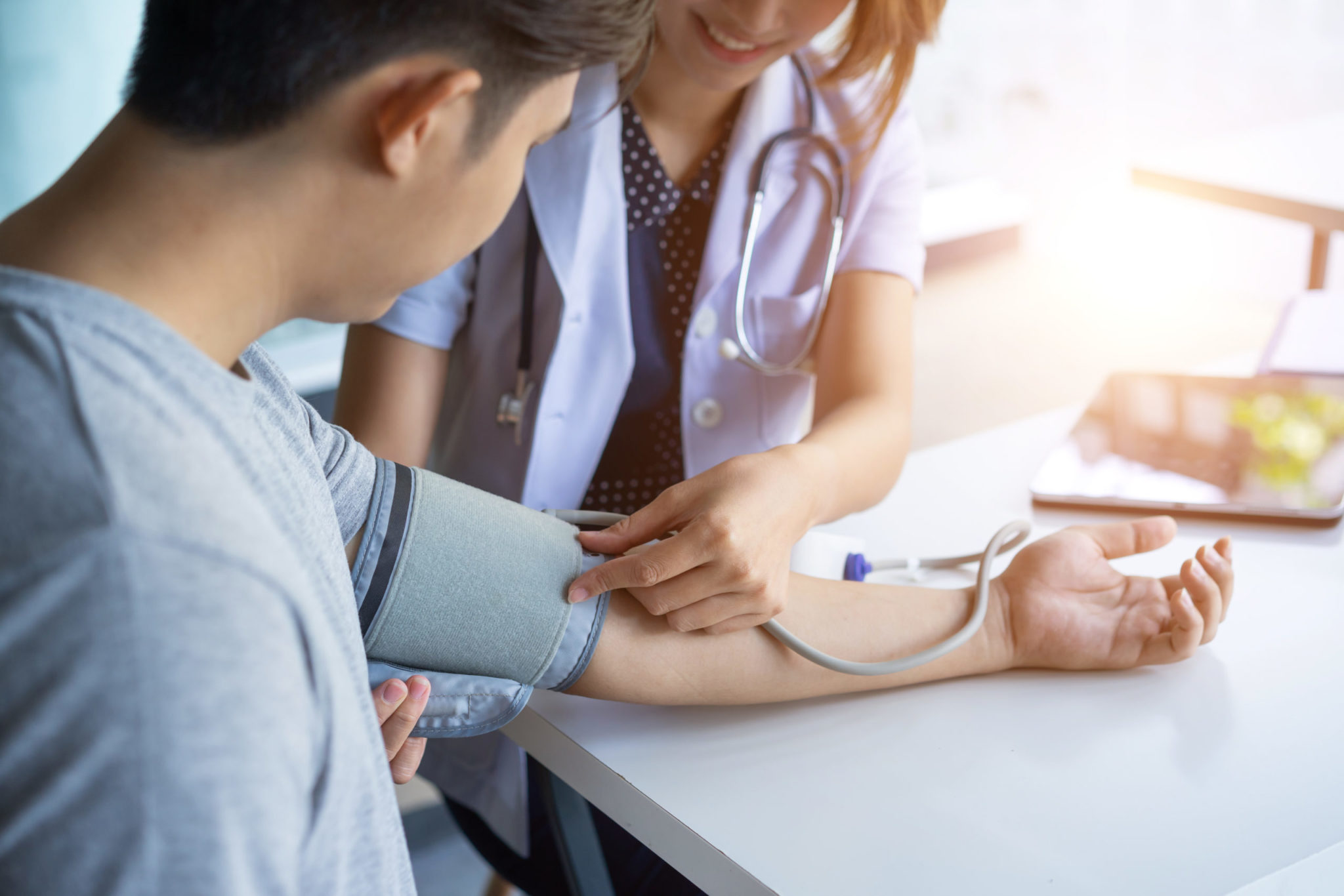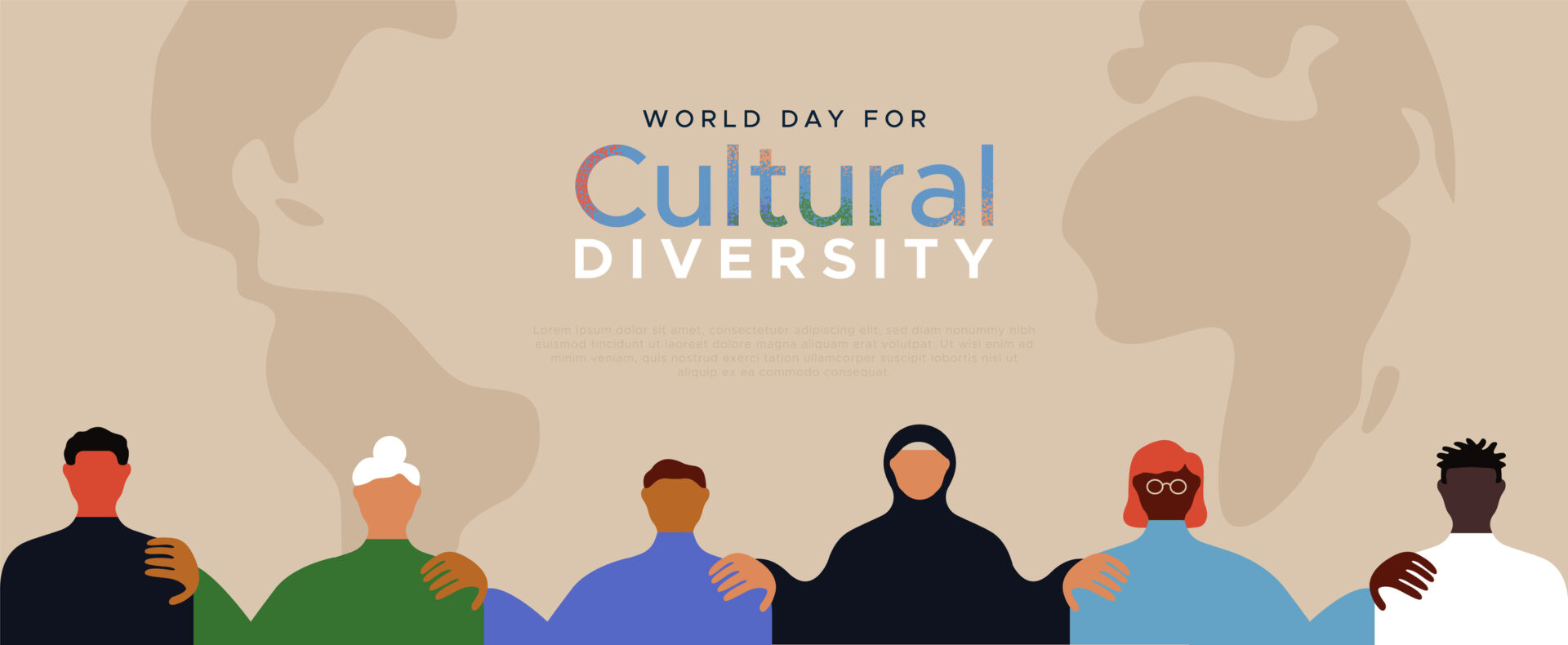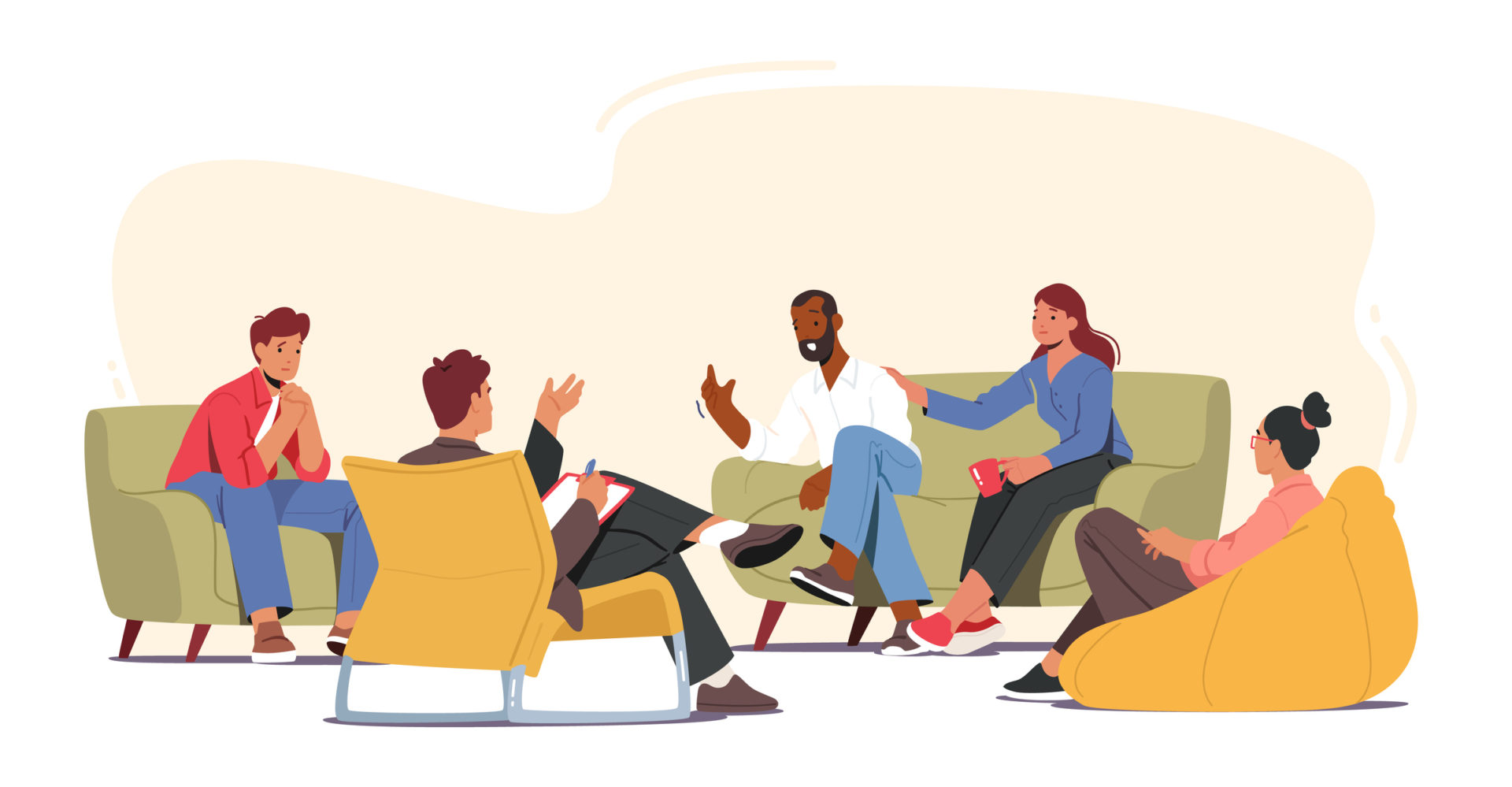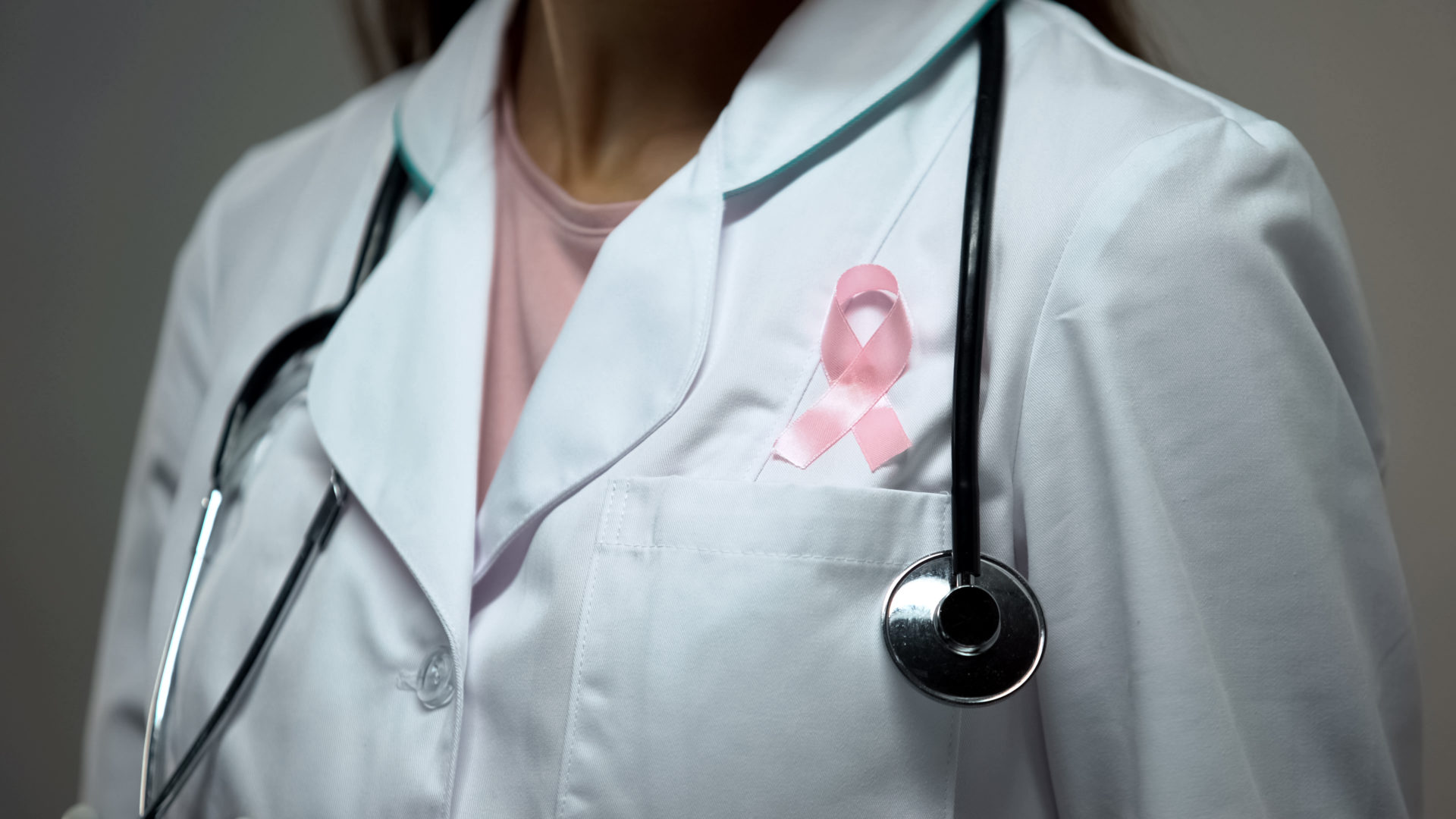National Women Physician’s day is February 3rd. In celebration, we caught up with female cardiologist and AMO host physician, Dr.S. Continue reading our interview with her below, where she shares how she got into medicine, her experience in a male-dominated specialty, and advice for female physician hopefuls.
AMO: National Women Physician’s day is Feb 3, in honor of Elizabeth Blackwell’s birthday, was there someone in medicine or your life who inspired you to pursue a medical career?
Dr. S: Interestingly enough, when I was in high school, I worked as a pharmacy technician and had thought about becoming a pharmacist. The pharmacist there told me, “I think you have something else in you.” You are really good with people. And I think maybe that does fall back on the maternal instincts that women are born with–that innate desire to care for others.
AMO: Blackwell was the first woman to earn a medical degree in the U.S. You, yourself, have impressive educational accolades being the youngest graduate from the College of Osteopathic Medicine at Nova Southeastern University in Ft. Lauderdale.
What was the most challenging thing you had to overcome during your medical education?
Dr.S: My age probably. You have to prove yourself more than everyone else. At the end of the day, it doesn’t matter how many degrees I have, people still judge me because of how young I look, I don’t look like a typical cardiologist. So that was and still is, hard to overcome.
AMO: What was the biggest lesson you learned during medical school?
Dr.S.: Trust your gut. If you feel like something is off, it probably is. This is something that cannot be learned through a class, online, or in a textbook. It has to be learned in a clinic in a hospital. It requires experience.
AMO: What drew you to the specialty of cardiology?
Dr. S.: I always liked the physiology of cardiology, the way the heart pumps. I was also interested when I noticed how few female cardiologists there were even though heart disease is the number one cause of death for females within the U.S. I felt a sense of duty to help and I figured there was no better way to do so than by becoming a female cardiologist myself.
AMO: According to a study by the American College of Cardiology in 2018, only 12% of board-certified cardiologists are females.
What do you think contributes to these numbers based on your own educational experience?
Dr. S: The most difficult part is probably the fellowship and its rigor. There is nothing wrong with this, but many women decide to go into internal medicine, which allows them to maintain a family life. Cardiology can be very time-consuming and finding that balance can be hard. I was the only female in my fellowship program. I was really lucky because the program valued the health and happiness of its residents. This isn’t always the case, however. I do think the number of practicing female cardiologists will continue to grow. The majority of medical students right now are female. More and more women are starting to show interest in cardiology and I try to be a champion in the field for them.
AMO: Do you think finding balance while practicing as a Cardiologist gets easier after your fellowship is over?
Dr. S.: Its just as hard. Once you start making money, you want more. You have to put a dollar amount on your mental health. That number is different for everyone and that’s okay. I don’t think finding balance gets easier, you just get better at deciding what is right for yourself overtime.
AMO: Although the gender gap has shrunk significantly over time, there is still work to be done. As a practicing female physician, do you feel there are still gender injustices in the medical profession?
Dr. S.: I hear about them. But I own a private practice, so I don’t have to deal with it. I do know a lot of female physicians who have the same education, background, and experience as their male associates and get paid significantly less.
AMO: Do you think the media and society discourage women from becoming physicians?
Dr. S: I don’t think the media or society plays a role in it. We put pressure on ourselves to meet the expectations of others. You cannot be everything to everyone, it’s Impossible. The earlier students and residents learn this, the better.
AMO: What word of encouragement do you have for aspiring female physicians?
Dr. S: I always tell this to any of my students, male and female: don’t let anyone tell you no. Failure can be the best thing to happen to you. I always say one door has to close for another to open.







Leave A Comment